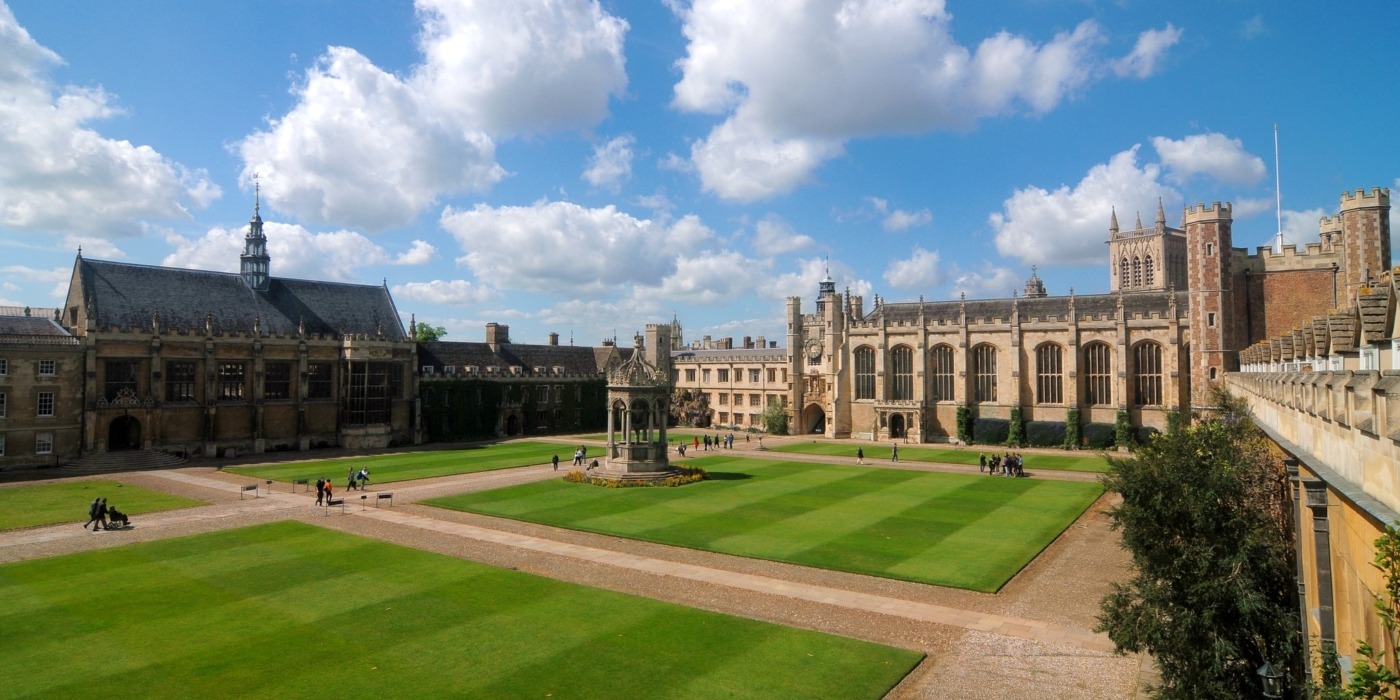Cambridge college to create fellowship to examine slavery links
A Cambridge University college is appointing a new fellow to examine its links to the slave trade.
Trinity College, Cambridge has said that the new Legacies of Slavery Research and Teaching Fellow will explore the ways in which the college might have gained from slavery, whether it be through fees and bequests from students and alumni, or from investments by the college. They will also explore any contributions by Trinity members who opposed slavery.
This announcement comes after an inquiry into the legacy of slavery at Cambridge, which found that the institution had benefitted substantially from the transatlantic slave trade, although there was no evidence that it had owned enslaved people or slave plantations.
Isuri Ratnayake, Ethnic and Inclusion Officer of Trinity’s Graduate Society, said: “Examining and acknowledging the college’s legacies of slavery is crucial in cultivating a culture of accountability and inclusivity.
“Only by facing our past can we pave the way towards a more equitable future, where all members of our community can thrive free from the shadows of oppression and discrimination. I hope that other institutions along with Trinity continue in recognizing their historical ties to slavery and taking tangible steps towards repair and reconciliation.”
This research will enable debate and discussion from a wide range of perspectives, both within the College community and with the wider public
–Rev Dr Michael Banner, Dean and Fellow of Trinity
According to Trinity’s website, the fellow “will be actively involved in teaching and College life, engaging in discussions with the community about their research findings, and convening a public lecture series about issues raised by research into colonial era practices of enslavement, their far-reaching consequences and how institutions grapple with these legacies today.”
Trinity College has also announced that it will donate £1 million over five years to Cambridge Caribbean Scholarships, enabling up to three masters’ students per year from the Caribbean to study at Cambridge. Two PhD studentships will also be available during the initiative, which begins in October.
The Rev Dr Michael Banner, Dean and Fellow of Trinity, said it was important for the college to understand the legacies of colonial-era slavery.
He added that: “This welcome initiative by Trinity is essential to enabling us to comprehend the extent to which the College was involved or benefited from slavery, whether directly or indirectly.
“This research will enable debate and discussion from a wide range of perspectives, both within the College community and with the wider public.”

Comments